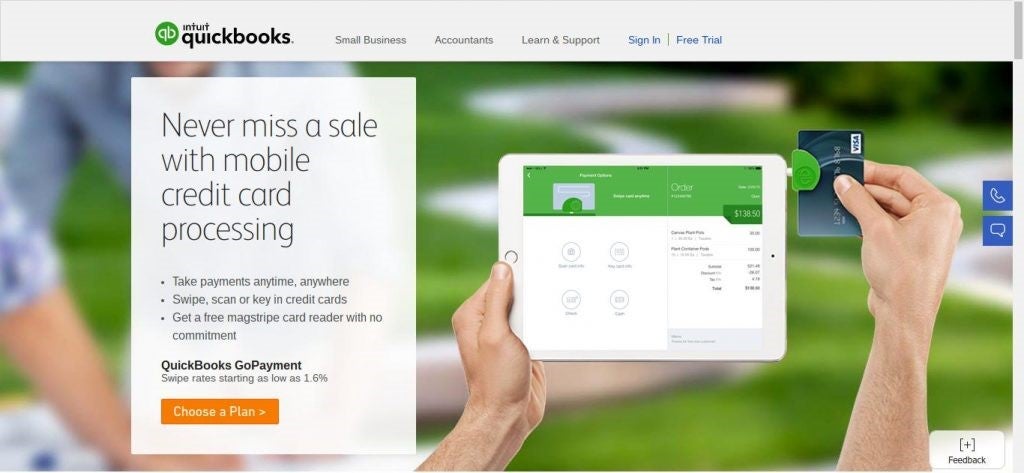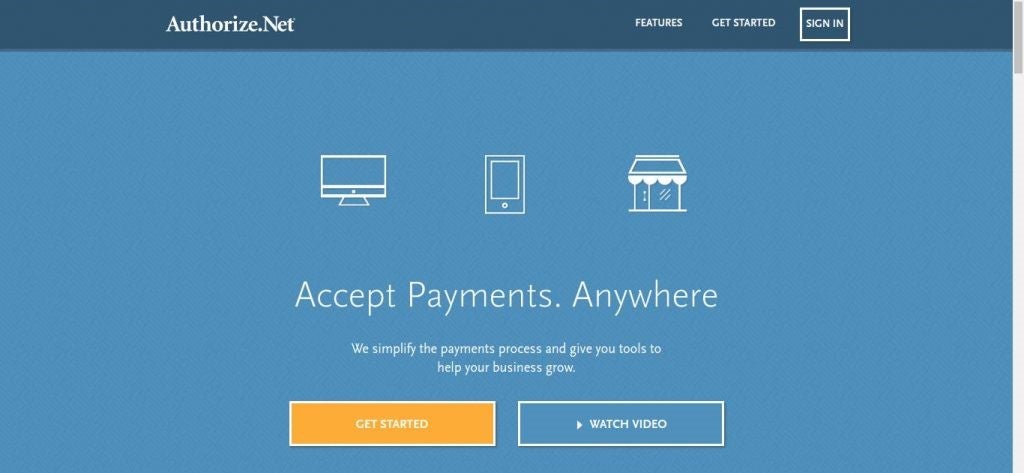There’s no denying that when it comes to accepting and receiving payments, PayPal is the reigning champion. In fact, it’s the de facto online payment solution for online customers, freelancers, and business owners.
While people tend to love PayPal for a variety of reasons, technology has opened the door for a number of competitors to challenge PayPal by offering cheaper frees, faster transactions, and enhanced security. Here are 15 of those alternatives.
1. Due

2. Stripe

Stripe has fascinated users for the last couple of years with its powerful and flexible API. This means that you can tailor the platform to meet your specific needs, whether you’re running a subscription-based company or an on-demand marketplace. Stripe integrates with hundreds of other applications, so even if you’re not a professional coder, you can get up and running quickly. The lack of setup, monthly, or hidden fees is an added bonus.
3. Dwolla

Dwolla has similar features to PayPal when it comes to transferring funds, but thanks to its API, it focuses more on bank transfers, or Automated Clearing House (ACH) payments, so users can create a customized payment solution where payments are received within a day. Best of all, transactions are free.
4. Apple Pay

If you’re a merchant, then it’s time to consider accepting Apple Pay. Transactions are faster and more secure, since Apple Pay uses touch ID confirmation. In other words, a customer can use their fingerprint to pay for their takeout pizza. Apple Pay is still relatively young, but don’t be surprised if the service will adapt to support older machines. Also, word on the street is that Apple is working on a P2P payments system within iMessage.
5. Payoneer

Payoneer is one of the oldest global payment processing services. It is available in more than 200 countries and accepts 150 different currencies. Receiving payments is free, and the platform includes a flexible API that grows with your business. Like PayPal, you can receive a plastic MasterCard if you aren’t ready to go 100 percent digital.
6. 2Checkout

2Checkout is another trusted payment platform that allows users to accept credit cards, debit cards, and PayPal globally. It’s available in 87 different languages, offers advanced fraud protection, integrates with hundreds of online shopping carts, and allows you to automatically bill customers with recurring billing.
7. Amazon Payments

If you want to give customers peace of mind, then accept payments through Amazon. Whenever they make a purchase on your site, they automatically go through Amazon’s checkout. This means that they’ll use their Amazon credentials, which makes the checkout process more convenient and trustworthy.
8. Square

Square changed the game when it introduced its magstripe reader, allowing business owners to swipe credit cards anywhere for a 2.75 percent transaction fee per swipe. However, you can also send electronic invoices, and ultimately get paid, through the Square Cash App.
9. Payza

With this popular service, you can send or receive payments from anyone in the world in just a matter of minutes. It also has a cool and easy-to-use interface, offers a robust and unique security system, and provides dedicated support—and it’s free to sign up. What’s most interesting about Payza is that on top of receiving and withdrawing funds from a bank account and credit card, it also accepts bitcoin.
10. Skrill

Skrill has become a popular alternative to PayPal thanks to features like instant withdrawals and deposits, low transaction fees, exclusive offers, the ability to accept from 40 currencies, and being able to send text messages directly from your account. If you refer a friend, the company will put 10 percent of the fees they generate from paying or sending money into your Skrill account for an entire year.
11. Venmo

Even though PayPal acquired Venmo, the fundamental principles are different between the two. PayPal is used for making simple transactions for either personal or professional purposes. Venmo is used by individuals who consider themselves social spenders. In other words, it’s like a hybrid of PayPal and a social network like Facebook, since transactions are shared on an online feed. So whenever a friend pays back a friend, it’s shared publicly.
12. Google Wallet

Once known as Google Checkout, Google Wallet is an online payment service that allows users to send safe, simple, and speedy money transfers from their browser, smartphone, or Gmail account. You can store credit cards, debit cards, loyalty cards, and even gift cards to your account.
13. WePay

WePay prides itself on its top-notch customer service and fraud protection. Merchants, however, like the fact that customers can make their purchases without having to leave their site, thanks to a virtual terminal. WePay also offers Know Your Customer collection and risk management and can be used for invoicing, event ticketing, and marketing automation.
Related: How Square Is Helping Businesses Save on Transaction Fees
14. Intuit GoPayment

Intuit is almost indispensable for a small business owner. Besides being able to accept payments both online and in person with the mobile GoPayment credit card processor, Intuit can assist you with payroll and calculating taxes. The most promising features is the low monthly rate of $19.95, which only charges a 1.6 percent charge for credit card swipes, as opposed to the standard 2.40 percent rate.
15. Authorize.net

You can’t leave out Authorize.net. After all, it’s been processing payments since 1996! It’s also the Internet’s most widely-used payment gateway and has been the recipient of the Achievement in Customer Excellence (ACE) award from 2008 to 2016. Even though the company has been around for twenty years, it stays current with trends, like being able to accept Apple Pay. No wonder the company is so widely regarded!
Today, online businesses have more payment platform options than ever before. Each platform comes with its own advantages and fallbacks, and it’s up to you to find out which is best for your business. Which payment platforms have simplified your business transactions in the past? Which platforms do you plan on trying?



0 Comments